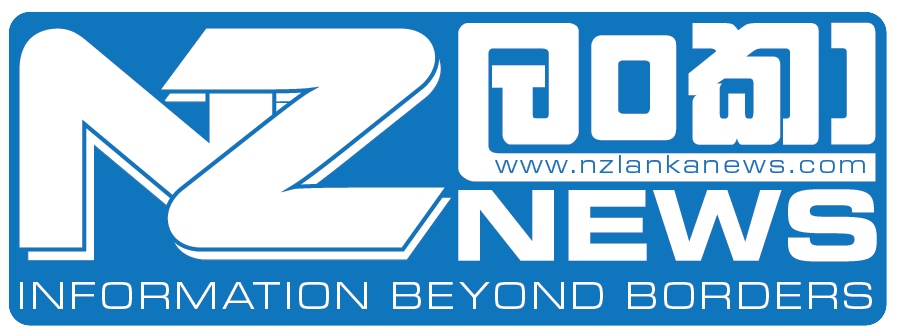The IMF staff visited Sri Lanka from January 11-19, 2024, to review its economic progress and implementation of financial reforms. They observed init
The IMF staff visited Sri Lanka from January 11-19, 2024, to review its economic progress and implementation of financial reforms. They observed initial recovery signs, including a 1.6% growth in real GDP in the third quarter of 2023, the first rise in six quarters. Essentials shortages are reducing, inflation is under control, international reserves have grown by $2.5 billion, and fiscal revenue collections improved in late 2023. However, challenges remain in translating these gains into better living conditions for the people.
Continued commitment to reforms is essential for a stable and broad-based economic growth. Key focus areas include implementing a progressive property tax, improving tax administration, eliminating tax exemptions, and tackling tax evasion. Monetary policy should remain cautious to control inflation, and building external financial reserves is crucial.
Efforts are also needed to protect the vulnerable through better-targeted cash transfers, strengthen financial sector stability, finalize amendments to the Banking Act, and implement a bank recapitalization plan. Following the IMF Governance Diagnostic report, Sri Lanka should adopt an action plan for governance and transparency reforms.
Progress has been made in debt sustainability, including domestic debt restructuring. Finalizing agreements with official and external private creditors is vital. The IMF will formally assess this progress in its second review of the Extended Fund Facility arrangement and the 2024 Article IV consultation.
The IMF team met with Sri Lankan leaders, officials, and representatives from various sectors, appreciating their collaboration and reaffirming their support for Sri Lanka’s full economic recovery.


